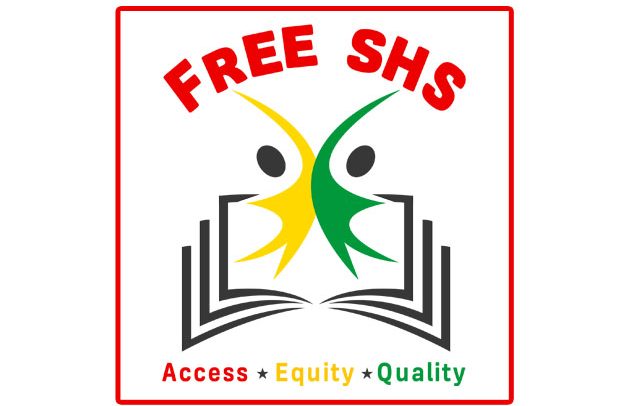A heated debate has erupted over the Free Senior High School (SHS) policy in Ghana, with Child Rights International (CRI) firmly opposing recent proposals to have parents provide food and accommodations for senior high school students.
This suggestion, made by the National Association of Graduate Teachers (NAGRAT) and the Conference of Heads of Assisted Secondary Schools (CHASS), has sparked concerns that it may undermine the policy’s purpose of promoting inclusivity and removing financial barriers to education.
*Background of the Free SHS Policy*
The Free SHS policy, introduced by the previous government, aims to ensure equitable access to secondary education for all Ghanaian students.
The policy has been a cornerstone of Ghana’s educational system, providing opportunities for students from low-income backgrounds to access quality education.
*CCI’s Stance on the Issue*
CRI has urged stakeholders to uphold the Free SHS policy, emphasizing that any deviation from its framework could erode its impact and deepen social inequalities.
The organization has called for direct engagement with the government to address the program’s logistical challenges, stressing that parents should not bear the burden of policy implementation.
*NAGRAT’s Proposal*
Angel Carbonu, President of NAGRAT, has suggested that parents should be made to pay for their children’s feeding and accommodation in senior high schools.
He argued that the current economic climate makes the program unsustainable in its present form. Carbonu also proposed that the government should identify financially distressed families and offer targeted bursaries to support them, rather than providing blanket subsidies.
*Implications of the Proposal*
If implemented, the proposal could have significant implications for students from low-income backgrounds, who may struggle to afford the additional costs.
This could lead to a decrease in enrollment rates and perpetuate social inequalities.
*The Way Forward*
CRI has emphasized the need for a national economic dialogue to involve stakeholders in crafting practical solutions to the current crisis.
The organization has also called for transparency about the country’s financial challenges, stressing that “our inability to tell the truth is why we are in this situation.”
BY Daniel Bampoe


